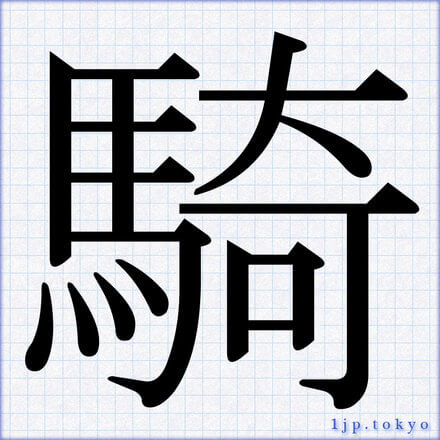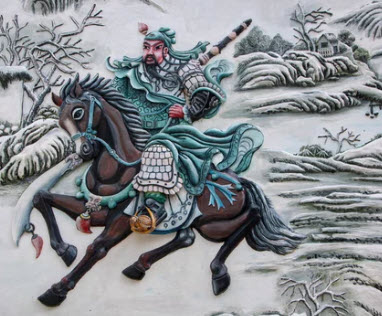One Hundred Unorthodox Strategies – 6. The Cavalry (Qi, 騎)
Whenever cavalry units engage infantry forces in combat, should they encounter mountains, forests, ravines, defiles, bodies of water, or wetlands, they must urgently proceed through them and quickly depart. These six constitute terrain on which defeat is certain, do not engage in combat on them. If you want to fight, you must secure level, easy terrain where the cavalry will be unobstructed in both advancing and retreating. Then when you engage the enemy infantry force, you will invariably be victorious. A tactical principle states: “Employ cavalry on easy terrain.”
(Translation by Ralph D. Sawyer)
Notes:
- The title “The Cavalry” (qi, 騎), means both “to ride a horse” and “horseman.”
- The quote (fa yue, 法曰) is indirectly derived from Li Jing.
Original Text:
凡騎兵與步兵戰者,若遇山林、險阻、陂澤之地,疾行急去,是必敗之地,勿得與戰。欲戰者,須得平易之地,進退無礙,戰則必勝。法曰:「易地則用騎。」
Historical Example:
The text tells about an engagement in 910-911 CE between King Zhuangzong of Jin with his general Zhou Dewei 周德威 (d. 919 CE) and Liang general Wang Jingren 王景仁. Towards the end of the battle, general Zhou Dewei dispatched over three thousand elite cavalrymen, defeating Liang’s army greatly. The whole affair started when the main Liang army under Wang Jingren arrived, and the Jin forces prepared to engage them. However, Zhou Dewei, while dealing the forward Liang forces minor defeats, urged caution — pointing out that the area of engagement was not an open field and therefore the Jin cavalry advantage would turn into a disadvantage. King Zhuangzong initially refused to listen, but Zhou Dewei persuaded Zhang Chengye, another general, to also urge against immediate engagement. The King listened to Zhang and followed Zhou’s advice. He thus withdrew to a more open area and did not engage Wang Jingren until spring 911 CE, at Boxiang (柏鄉). By that point, the Liang army was low on food supplies due to Zhou’s raids against their food supply route, and after a full day of battle, they were worn out and eventually collapsed when Wang Jingren’s immediate forces moved, causing the rest of the army to believe that he had fled.

